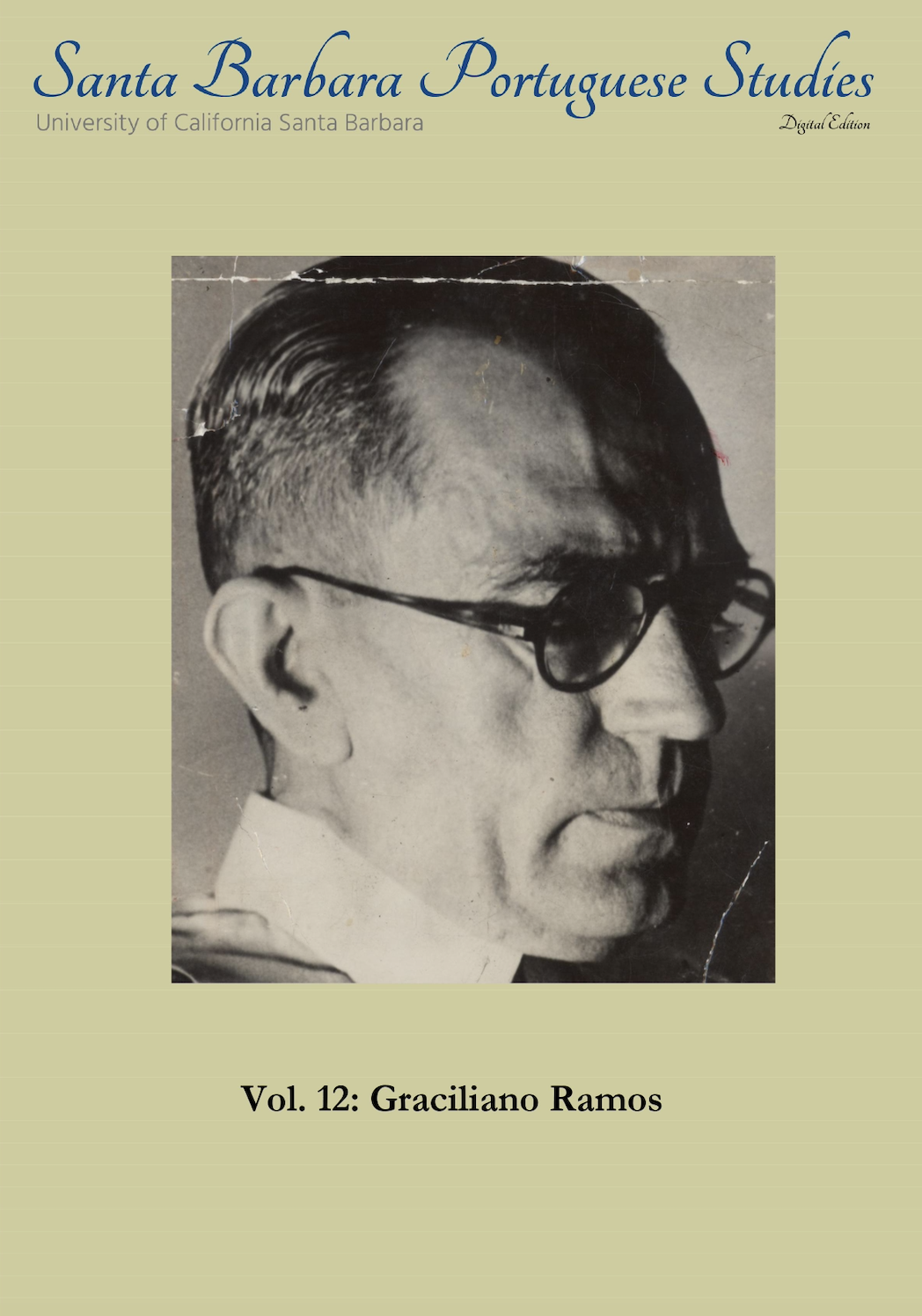Graciliano Ramos
This volume dedicated to Graciliano Ramos (1892-1953) is part of our series commemorating 100 years of Modernismo in Brazil. Although Graciliano Ramos was not part of the early phase of Modernismo, his spare language and dry style combines well with his realism. Part of what was known as the 30's Generation, together with Érico Veríssimo, who recreated the world of the gaucho of Rio Grande do Sul and João Guimarães Rosa, whose Sertão is at the same time real and imaginary, Graciliano Ramos portrays life in the Northeast of Brazil, in its contradictions between traditional ways of life and aspirations against a backdrop of poverty and drought. Graciliano Ramos was also a politician for a while, having become mayor of Palmeira dos Índios in Alagoas for two years before abdicating in 1930. He was also a journalist. Arrested in 1935, accused of having participated in the Communist Revolt of that year, he later published about this experience in Memórias do Cárcere (1953). He moved permanently to Rio de Janeiro, always a member of the communist party. It is less known that he was also a translator, who translated Booker T. Washington and Albert Camus.
I thank Nicola Gavioli for the care with which this volume was prepared and all collaborators as well as our journal's assistant editors.
Élide Valarini Oliver
Guest Editors
|
Nicola Gavioli
Associate Teaching Professor
Florida International University
|
|
Editor
Élide Valarini Oliver
Professor of Brazilian and Comparative Literature
Director of the Center for Portuguese Studies
UC Santa Barbara
elideoliver@spanport.ucsb.edu
Assistant Editors
| Pedro Craveiro, Ph.D. Lecturer of Spanish and Portuguese UC Santa Barbara pedrocraveiro@ucsb.edu |
Aline de Almeida Ph.D. Student UC Santa Barbara alinedealmeida@ucsb.edu |
Volume 12
Introdução, Nicola Gavioli (Florida International University)
Graciliano Ramos: Literatura e militância, Ana Amélia de Melo (Universidade Federal do Ceará)
O cordel de Graciliano e as astúcias do poeta, Fabio Cesar Alves (Universidade de São Paulo)
Mexendo nos Caetés: Graciliano e os fetiches do discurso pós-colonial, Roberto Vecchi (Universidade de Bolonha)
A irônica reversão do declínio: São Bernardo (1934) de Graciliano Ramos, Franklin Farias Morais (Universidade Estadual de Campinas)
The ecological legacies of Baleia's moral life, Tracy Devine Guzmán (University of Miami)
Performance of the land in Barren Lives and Vidas Secas: The poetics of silence in Brazil, Marcia Fanti Negri (University of Miami)
No avesso da seca, as feridas de uma linguagem impossível: Uma análise comparativa de Vidas Secas, de Graciliano Ramos, e O Avesso da Pele, de Jeferson Tenório, Gabriel Chagas (Universidade Federal do Rio de Janeiro / University of Miami)
Encenações da morte e do luto em Angústia e Fronteira, Guilherme Zubaran de Azevedo (Universidade Federal de Minas Gerais)


